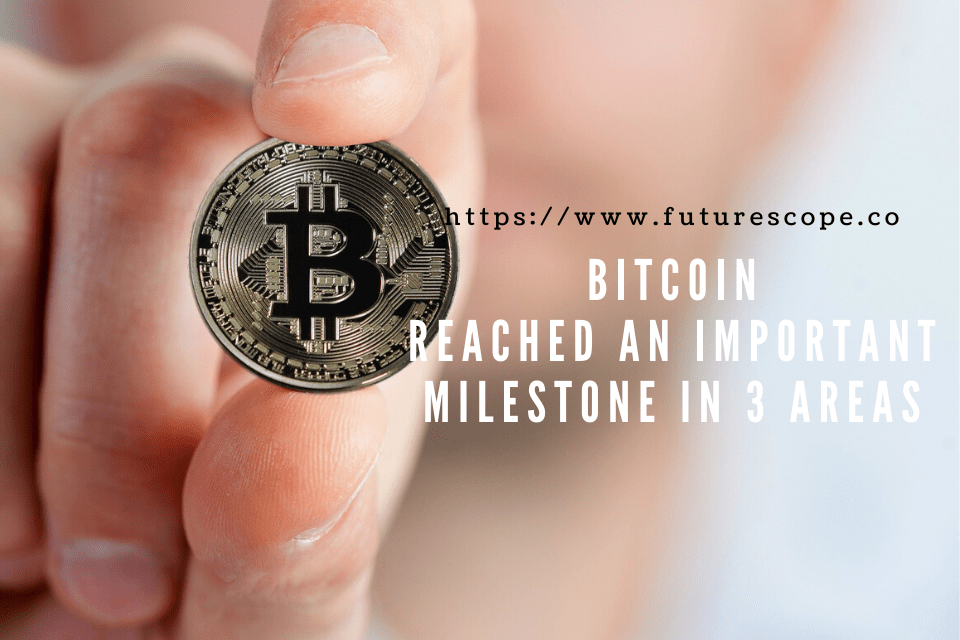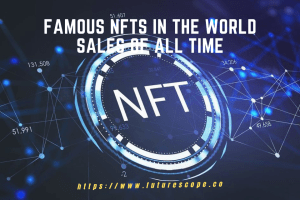Last Updated on December 23, 2019 by Editor Futurescope
This year, Bitcoin reached an important milestone, generating $1 billion in cumulative transaction fees. Of course, it is still far from becoming the mainstream payment alternative evangelists hope, mostly due to regulators that would prefer not to let go of their control of the global finances. Ten years after it was invented, though, blockchain – the technology that makes Bitcoin and all other cryptocurrencies possible – is starting to truly show its worth. While some of the projects trying to leverage its advantages – especially the Facebook-backed “Libra” – have failed, there are other areas where blockchain is making waves today.
Banking
Today, most banks transfer money internationally through SWIFT, a proprietary messaging network run by the Society for Worldwide Interbank Financial Telecommunications. It includes more than 10,000 banks in over 200 countries – but not all banks in all countries. When processing an international money transfer, the banks send the transfer instructions to SWIFT that, in turn, forwards this set of instructions to the recipient’s bank. Of course, this takes time (more or less, depending on how many steps the instructions have to take before reaching the destination – and costs money. Considering the often precarious ways in which it was used at the beginning of its road, Bitcoin was perfect for online casinos but it wasn’t adopted widely by them either – their customers preferred to stick with tried-and-tested methods like bank transfer and digital wallets. Ironically, the technology behind Bitcoin may soon turn these “traditional” payment methods cheaper and faster, as two major American banks have turned to blockchain to shorten the time needed to complete an international bank transfer and to reduce the costs associated with it.
JP Morgan Chase has showcased its “JPM Coin” this February. It is a dollar-linked stablecoin that will allow the almost instantaneous transfer of funds between the bank’s institutional clients. Their system works pretty simply: JPM clients exchange their US dollars into JPM Coins at a rate of 1 to 1, the tokens are transferred through JP Morgan’s blockchain network, and then the JPM Coins are turned back into dollars. With the use of this system, the bank hopes that its transfers can be faster and cheaper than the current alternative.
Wells Fargo, another major American bank, has also turned to blockchain to speed up its operations. Their approach is different, though – they don’t plan to use their new digital ledger with their clients but use it for internal settlements between their branches – and they have many of these all over the world. Wells Fargo Digital Cash is also a stablecoin (linked to the US Dollar) that will allow transfers in near-real-time and cut out a few middlemen to reduce the costs associated with such transfers.
Ticketing
There are just a handful of major businesses that are in charge of ticketing for various events, including LiveNation, StubHub, and others. One might expect these to work like clockwork – but this is not always the case. Many event organizers feel like they lost touch with their fan base – bots and brokers often sweep up all the available tickets to events within minutes of them going on sale, there are people who try to sell fake tickets online, and there are other endemic issues with the industry that need solving. And blockchain may be a solution.
There are several startups on the market today that offer an alternative to tried-and-tested (and sometimes failed) existing ones. Their goal is the same: make ticketing faster, safer, and more secure for those selling and buying. Their blockchain-based solutions offer great speed and scalability while maintaining transparency and security and offering never-before-seen analytics and important feedback to their partners.
eLearning
Traditional learning management systems can be complex and stuffy. Quite often, they have no built-in mechanisms to track course completion, no incentives for completing courses, and no surefire way to verify certification. There are, in turn, blockchain-based solutions to this issue – one of them is Lyceum, offered by BaaS (Blockchain-as-a-service) company Dragonchain.
Lyceum is a learning management system that can take care of everything between documents and certification. The progress of the users can be tracked on the blockchain, they can be rewarded using a tokenized system, and the product can be scaled to fit any institution or company, of any size. The system can be adapted to fit the needs of any user from small businesses to franchises, training companies, extended enterprise users and even academic users like universities and online course providers.









